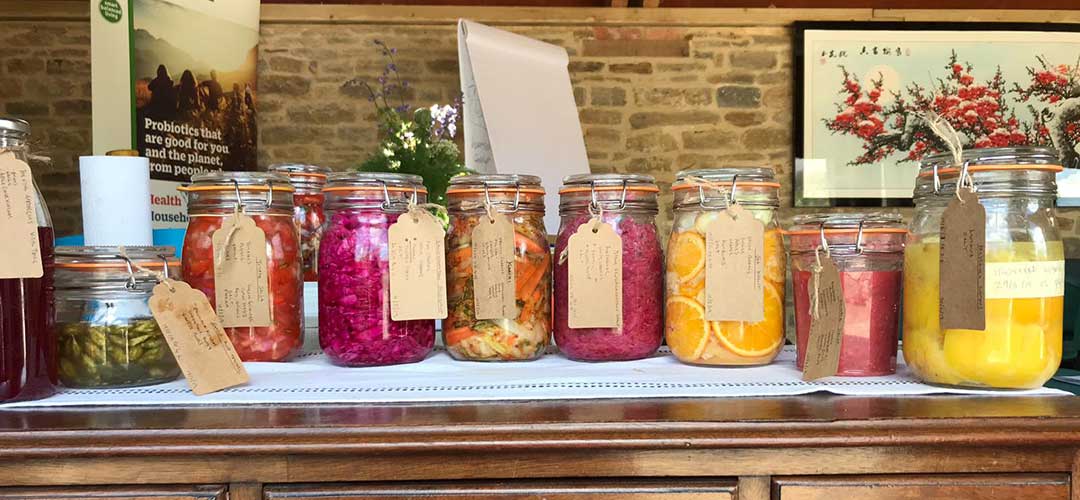In the UK, a staggering 2 in 10 people are affected by one or more allergies. And this number is rapidly increasing. You may be one of the many people developing allergies like asthma and hay fever.
We are encouraged to believe that killing 99% of bacteria within our homes is the best way to keep ourselves safe from harmful bacteria. But during this process we also remove all the good bacteria, therefore depleting the natural defences, that we need to prevent asthma and allergies. We may deal with the surface symptoms, but we donât deal with the underlying cause of the allergy.
A lack of exposure to bacteria could even cause allergies. There is a growing awareness of the hygiene hypothesis. This theory suggests that a young childâs environment can be too clean to effectively stimulate or challenge the childâs immune system to respond to health threats. This can lead to the childâs immune system not maturing to resist allergens, and of course that can carry on into adulthood.
How does the immune system protect us from allergies?
Allergens are the foreign substances that cause allergies. An allergic reaction happens when your immune system overreacts to an external foreign substance. This reaction shows that something is not right within your body, and the immune system is imbalanced.
From the moment you were born, you were exposed to a number of microbes firstly from your motherâs birth canal and then from breast milk, skin-to-skin contact and the environment you were exposed to.
The microbes you encountered in the first few years of life were vital to determining how your immune system functions. Itâs been shown that if you encounter antibiotics in the first year of life, you have a 20% higher chance of developing asthma.
The billions of bacteria in your digestive system play a vital role in your digestion, but they also boost your immune system. A balance of the good and bad bacteria helps to produce a strong immune response to common allergies â after all 80% of your immune system is located in your gut or intestinal tract.
The beneficial microbes within your gut:
- Create antimicrobial substances and lactic acids that eliminate pathogenic bacteria
- Protect your gut barrier and defend your bloodstream from the external environment and seal gaps in your intestinal wall
- Promote antibodies which are involved in the immune response and fight off harmful agents




